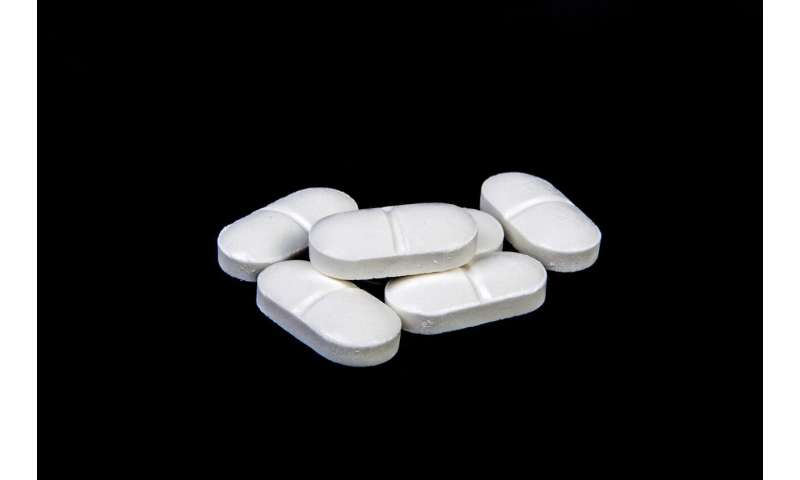
Low-dose aspirin significantly lowers cardiovascular disease risk but increases the risk of bleeding, according to a review published in the British Journal of Clinical Pharmacology.
Investigators conducted the review because the overall balance between risks and benefits of taking aspirin has been unclear. The team pooled information from analyses of all relevant observational studies and randomized controlled trials.
Use of low-dose aspirin in people without cardiovascular disease was associated with a 17% lower incidence of cardiovascular events (such as non-fatal heart attacks, non-fatal strokes, or cardiovascular-related deaths). Low-dose aspirin use was also associated with a 47% higher risk of gastrointestinal bleeding and a 34% higher risk of intracranial bleeding.
“These risks and benefits need to be weighted in formal decision analyses to guide aspirin use in primary prevention,” said co-author Lee Smith, MSc, Ph.D., of Anglia Ruskin University, in the UK.?
Source: Read Full Article
